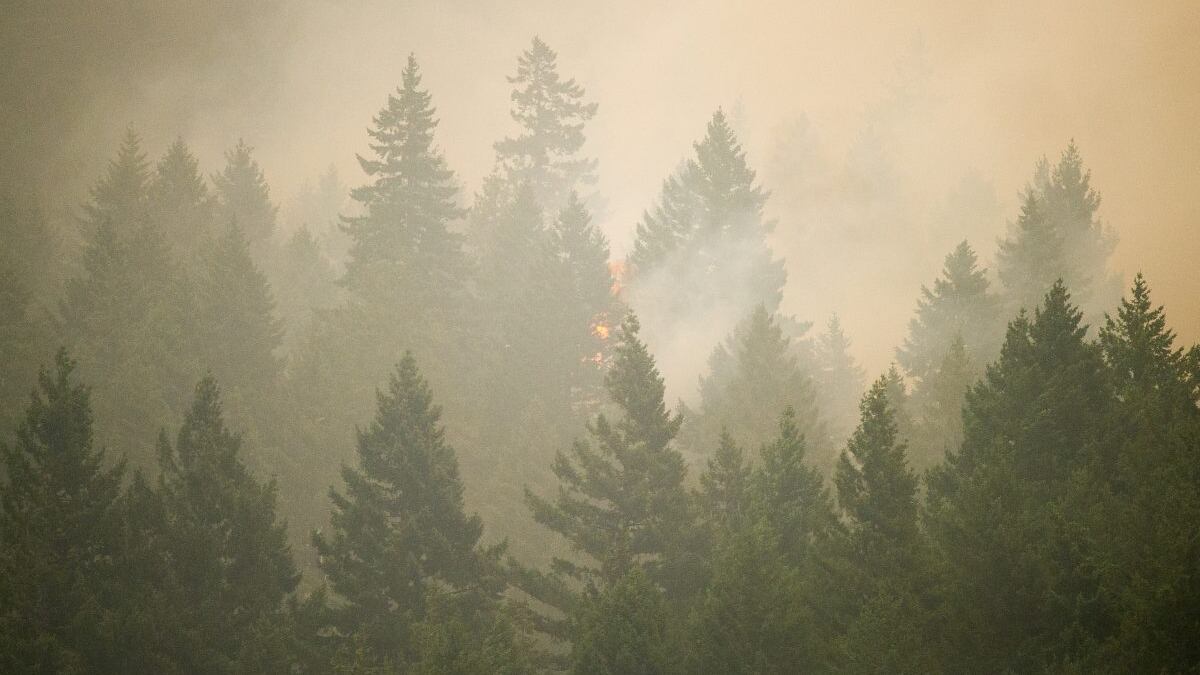As the short session of the Oregon Legislature opens this week, the top priority for Democrats is a leftover from last year: a cap on carbon emissions. Here's a debrief.
What happened last year?
Last summer, the Oregon House passed an ambitious carbon-cap bill with a goal of reducing emissions to 45 percent below 1990 levels by 2035, and to 80 percent below 1990 levels by 2050. The bill would have made Oregon just the second state to pass such a bill and would have raised the price of fossil fuels that produce carbon emissions. House Bill 2020 required companies to buy credits for the carbon emissions they produce.
Critics complained the bill would disproportionately affect rural Oregon, where people consume more fuel per capita and have lower incomes. House Bill 2020 died in the Senate after Republican legislators fled the state to deny the Democratic supermajority a quorum. But the bill also lacked critical support from within the Senate Democratic caucus.
What's different this year?
Senate Democrats have put together a proposal that's supposed to address Republicans' objections to the effects on rural districts. The new bill includes a price hike for personal-vehicle gasoline—but that won't apply to the eastern part of the state, unless counties opt in.
The bill will phase in its requirements geographically, starting with the Portland metro area in 2022 and expanding to all 17 counties west of the Cascades in 2025 (along with Bend and Klamath Falls). "This will cover 87.5 percent of the state's transportation emissions," writes chief sponsor Sen. Michael Dembrow (D-Portland) in his explanation of the latest amendments.
Democrats control the Senate 18-12, but even if Republicans had stayed in 2019, it's unclear whether Dems could have mustered the 16 votes to pass the bill.
New changes to the bill have brought on board at least one Democrat who was skeptical last year: Sen. Arnie Roblan (D-Coos Bay). Sen. Laurie Monnes Anderson (D-Gresham), who was a no last year, remains a holdout.
And what might happen now?
Two questions hang over the bill.
Will Republicans stay? There is a political reason they might. Polling by public employee unions suggests walking out again could cause problems for Republican incumbents in the Bend and Salem areas. There's also a policy reason: The bill exempts the rural eastern part of the state, which should make it more palatable to Republicans.
The other question: If there is a quorum, do Senate Democrats have the political will to jam through what will still be highly contentious legislation? "What I can tell you is the Democrats will show up to work every single day," says Sen. Ginny Burdick (D-Portland). "We take it very seriously, and I assume that our colleagues on the Republican side feel the same way."

